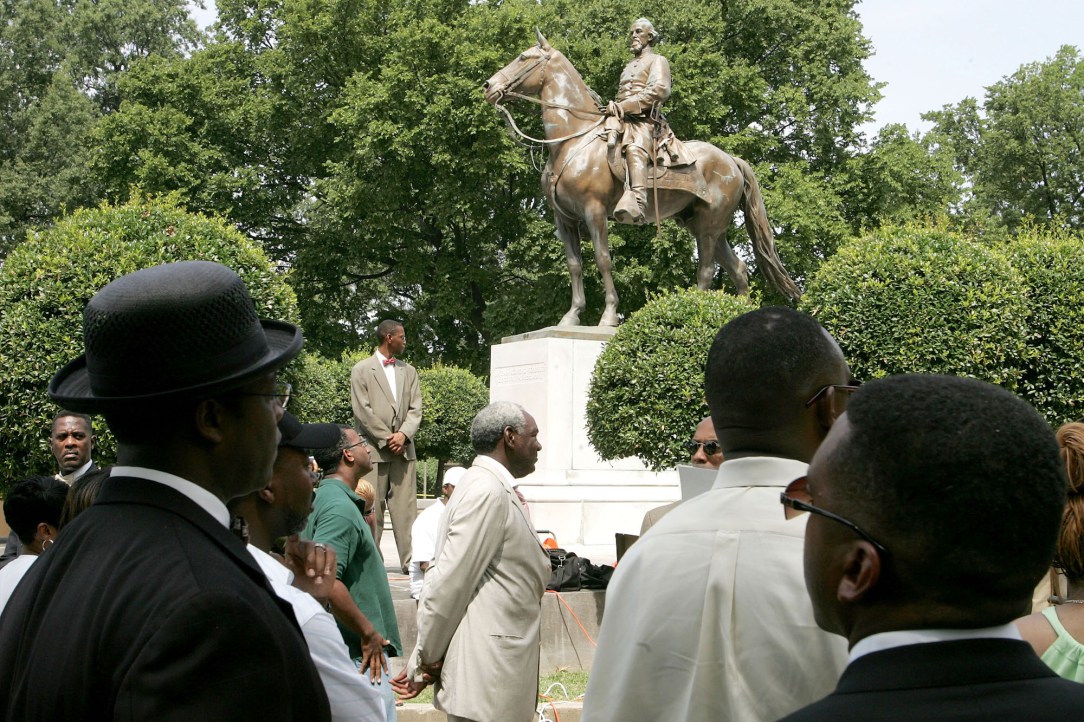This article by Jess Zimbabwe appeared in Cities Speak, April 20th, 2018.
A brief commentary by Community Rights US media team Curt Hubatch: This article mentions there’s “a surging nationwide preemption battle” that “is uniquely chilling local democracy.” After reading this, and as I made my way through the rest of this article, I was hoping to see a mention of the unconstitutionality of the state of Tennessee’s preemptive actions. Especially after recently reading this by the prominent Community Rights attorney Thomas Linzey:
“People in the Community Rights movement assert that the preemption doctrine is unconstitutional because it violates the constitutional right of the residents of those municipalities to local community self-government.”
But no mention of it. And this leaves me wondering how many assaults by higher levels of government on lawful, local, democratic decisions made by governing bodies closest to the people will it take for the Right to Local, Community Self-Government to appear in more articles like the one I’m posting here.
On Tuesday, the Tennessee House of Representatives voted to exact revenge on the city of Memphis — approving a measure to withhold $250,000 in funding that had been appropriated for the city’s bicentennial anniversary celebration.
A little backstory is required.
In December, two statues of Confederate leaders were removed from Memphis parks — a long-awaited move in this majority-minority city, where public parks honoring the president of the Confederacy and an early leader of the Ku Klux Klan were hardly reflective of community sentiment.
Memphis’s struggle mirrored that of other cities that have removed monuments, many to confederate leaders, mostly in the South. After the City of New Orleans removed several confederate monuments, Mayor Mitch Landrieu’s remarks were widely cited in other cities dealing with the same debate.
Following the 2015 Charleston massacre inside a historically black church, the Southern Poverty Law Center initiated a count-and-mapping of Confederate place names and other symbols in public spaces across the U.S. The study identified a total of 1,503 such places. MORE…

